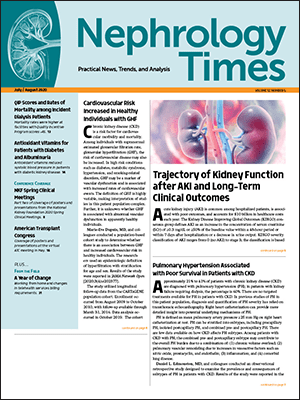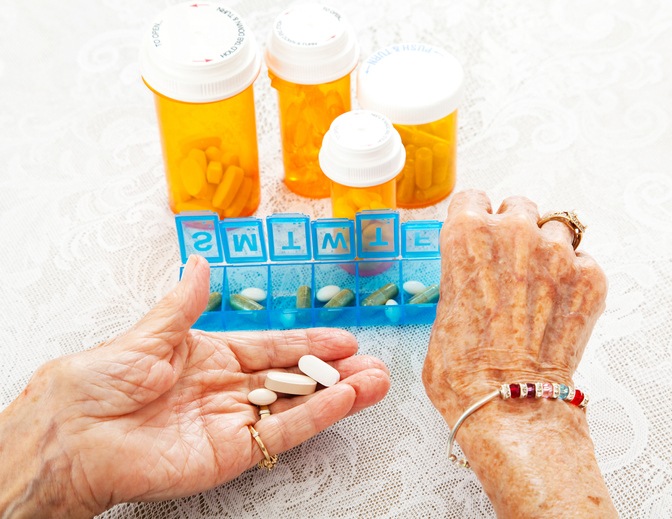
It is difficult for patients to manage hyperkalemia with a strict diet. Amy Larkin, PharmD, CHCP, and Donald Blatherwick of Medscape Education, New York, New York), conducted an analysis of the impact of online education for patients and caregivers on knowledge and confidence regarding management of hyperkalemia as well as on promoting change among those populations.
Results of the analysis were reported during a poster session at the NKF 2020 Spring Clinical Meetings in a poster titled Online Patient/Caregiver Education on Hyperkalemia Can Improve Knowledge, Confidence, and Prompt Real Life Changes.
The educational experience was designed as two online, interactive activities. Both activities included text and integrated visuals; the second activity also included a patient commentary video. Demographic data were gathered via a questionnaire completed by the participants prior to initiating the activity. Learning gains were assessed using a knowledge question asked prior to and following completion of the activity; intent to change and confidence questions were also asked following the activity. The researchers calculated absolute improvements for pre- and post-questions. The activities launched in March and May 2019; data were collected through September 2019.
Activity 1 was headlined Do you have high potassium? Here are some tips for managing potassium in your diet. Of the 35,889 participants in activity 1, 4305 competed all questions and were included in outcomes analysis. Of the 4305 completers, 65% were female, 63% were non-Hispanic white, 67% were ≥54 years of age, 45% had hyperkalemia, and 42% were more interested in learning more about hyperkalemia.
Changes in knowledge assessed by the pre- and post-activity questions demonstrated a 24% improvement in recognizing foods high in potassium (50% pre-activity vs 74% post-activity). In the intent-to-act response section, 81% of completers indicated they planned to identify and avoid foods high in potassium. In responses regarding changes in confidence, 79% reported they felt increased confidence regarding talking to their physician about ways to lower potassium.
Activity 2 was headlined Are medicines that lower potassium right for you? Of the 36,511 participants, 2917 completed all questions in activity 2. Of the 2917 completers, 59% were female, 70% were non-Hispanic white, 82% were ≥54 years of age, 58% were interested in learning more about hyperkalemia, and 29% reported having hyperkalemia.
Changes in knowledge demonstrated a 23% improvement in recognizing how potassium binders work in managing hyperkalemia (42% pre-activity vs 65% post-activity). In the intent-to-act section, 69% indicated they planned to discuss medications to treat hyperkalemia with their healthcare provider. Results of changes in confidence questions showed 73% felt increased confidence in discussing medications to treat hyperkalemia with their physician.
“The metrics and outcomes gathered in this assessment are a strong indicator that these patient/caregiver-focused online educational activities improved knowledge and confidence, and prompted intent to act by patients/caregivers related to hyperkalemia,” the researchers said.
Source: Larkin A, Blatherwick D. Online patient/caregiver education on hyperkalemia can improve knowledge, confidence, and prompt real life changes. Abstract of a poster presented during the National Kidney Foundation 2020 Spring Clinical Meetings; abstract #327.







 © 2025 Mashup Media, LLC, a Formedics Property. All Rights Reserved.
© 2025 Mashup Media, LLC, a Formedics Property. All Rights Reserved.